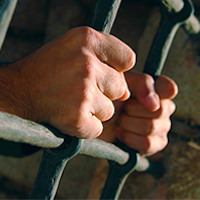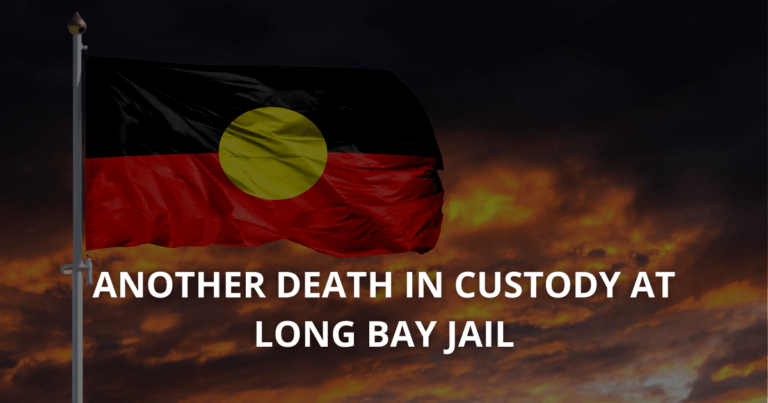Take a group, and split it into two. Each half is asked to comment on a case. The first group gets their information about the case from a newspaper. The second reads a summary of the court documents.
You won’t find a better metaphor of the divide between the informed and the misinformed than this 1988 study by Roberts and Doob. More than half of the people in the court documents group thought that the sentence imposed was too harsh. Of those who learnt about the case from the media, 63% thought that the sentence was too lenient.
The study provides two key lessons. The first is correlative: it demonstrates the connection between the media and misperceptions of criminal justice. The obvious explanation of this phenomenon comes from Gelb, who writes that “[the media tend to focus on unusual, dramatic and violent crime stories, in the process painting a picture of crime for the community that overestimates the prevalence of crime in general and of violent crime in particular.” Likewise, the only sentences that excite the press are the unusually lenient ones.
Lesson two again reveals a correlation; specifically, the bond between misinformation and punitiveness. The further a person is from the criminal justice system, the more bloodthirsty they become.
(To illustrate: Kate Warner conducted a study in 2011 that asked jurors what they thought of the sentence imposed in their cases: 90% answered that it was either very or fairly appropriate.) There’s another obvious explanation here: the misinformed public is more keen on punishment, because the media makes crime rates seem worse than they actually are. The Doob and Roberts study pierces right to the core of the problem: the unholy trinity between media, misinformation and punitiveness.
The widespread diffusion of this blind belligerence made it inevitable that it would be adapted into public policy. The policy has been accurately termed “penal populism”. Populism is the mot juste: a policy is populist when it is designed to win votes, without any concern for its actual effectiveness. Punitiveness plays to the baser instincts of the uninformed electorate. As for its effectiveness, multiple studies have shown that rehabilitation is miles ahead when it comes to reducing recidivism. Rather than taking the reader through these multiple studies, one gets a much more powerful image by seeing just how ineffective harsher punishment is. In America – where the illness of penal populism is at a more advanced stage than in Australia – 1 in every 14 African-American children has a parent behind bars. If you’re black, male, and in the prime of your life (25-29 years old), on any given day you have a 1 in 8 chance of being incarcerated.
Unless the penal impulses of the public can be bested, this dystopia is the telos of the Australian criminal justice system. Smarter media coverage of crime is one way to resist punitiveness, and at the same time politicians need to resist the basic instinct to capitalise on populist policy. The central player, the legal system, needs to find a better way to communicate its work to the public. Misinformation doesn’t correct itself; not to oppose penal populism will be enough for it to rot our criminal system from the outside in.
-
Peter O'Brienhttps://obriensolicitors.com.au/author/peterob/
-
Peter O'Brienhttps://obriensolicitors.com.au/author/peterob/
-
Peter O'Brienhttps://obriensolicitors.com.au/author/peterob/
-
Peter O'Brienhttps://obriensolicitors.com.au/author/peterob/






